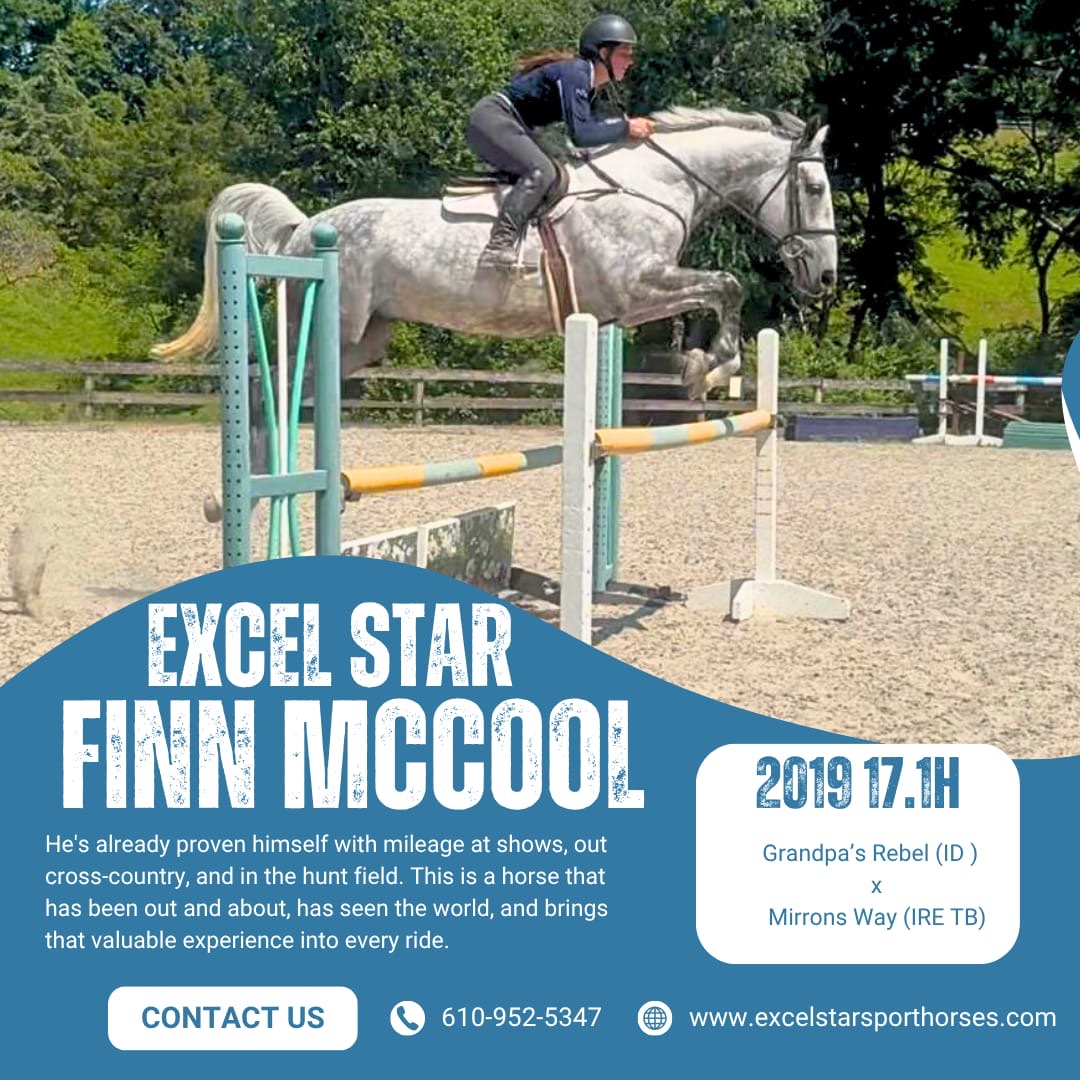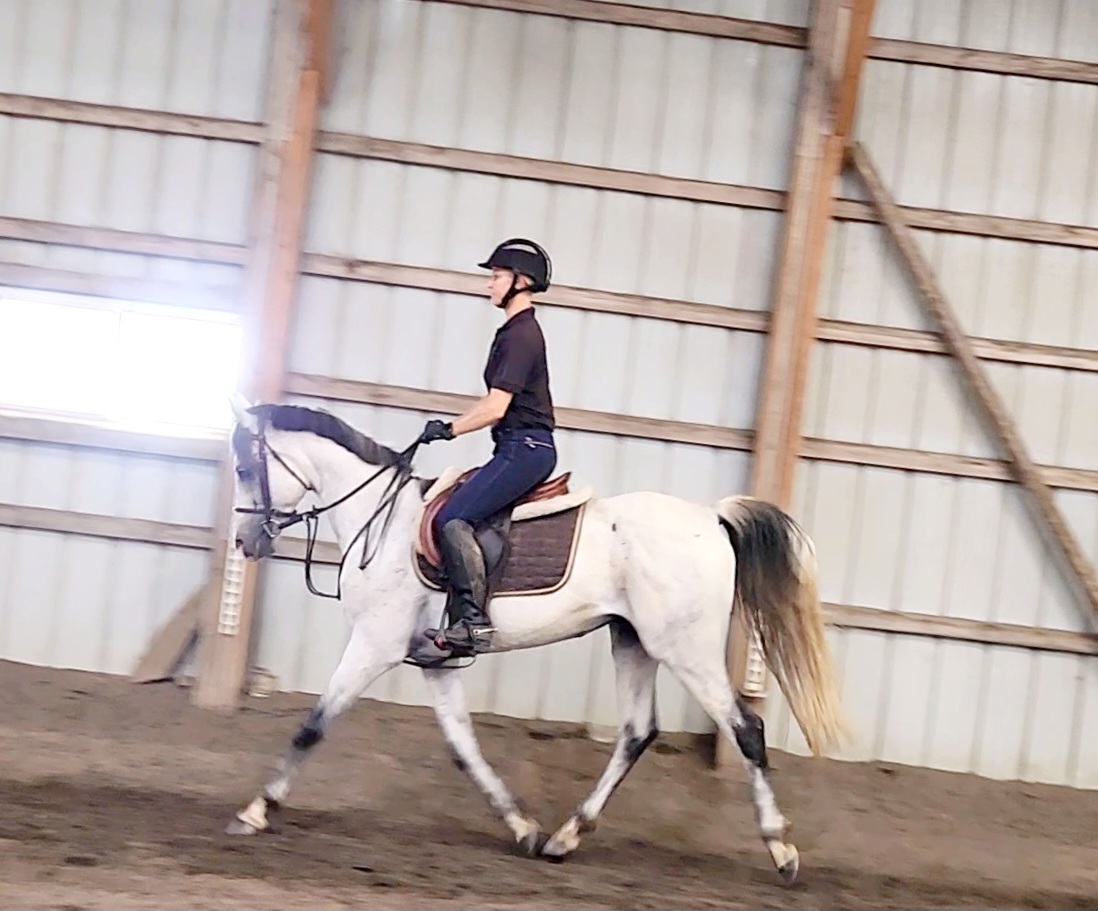Since starting this column, we’ve gotten a pretty good turnout of Mailbag questions. But because its always EN’s policy to ask our readers, I am posing these questions to you: Would you like to see this column continue? Do you have any ideas for other columns you’d like to see on this site? In other words, we’d like to hear your thoughts. Its quite remarkable how much the community contributes to Eventing Nation, in terms of news tips and even columns like “Lower Level Event Rider Profiles” and “A View From My Horse,” as both started because of ideas people sent to us.
Send all questions and comments to: [email protected]
Robyn: I am wondering how riders get sponsors. What level should they be going or have gone in the past before it is right to ask for sponsors? What actually do the riders do for the sponsors once they get sponsorship? Do the sponsors supply the rider with products or contribute costs of competing or both? Is it different for every sponsor or is there a general standard that every sponsor goes by? When the time/level is right for a rider to approach a sponsor what should they say?
Great questions Robyn! First off, my knowledge of sponsorship doesn’t stem from personal experience as much as from what I’ve seen from sponsored professionals I have ridden with. I think the sponsorship equation really comes down to one’s ability to build and maintain connections with many people. Of course you have to be good at what you do (in our case riding horses), but the most successful riders are the ones that work the equation from the business side. They have the ability to make people believe in themselves and their goals, making it much more likely that those people will want to be part of their journey. Realistically speaking, one is probably not going to get many owners or big sponsors until they are having upper-level success, but its never too early to start building relationships. Every sponsorship works differently, some come in the form of monetary support while others are strictly product based. Expectations of the riders from sponsors vary as well. Logo wear is popular, many sponsored riders compete in clothing and saddle pads that contain logos of their companies. Some companies hold autograph signings at the bigger events as its a time when they can advertise the big-name riders they sponsor.
Dominic: Can you give some insight on the how to’s of “packing” and shaping a brush fence. All the brush jumps on the big courses are beautiful. There most be some technique involved.
The only time I have ever tried to build a brush fence was when I was 10 or 11 years old, right after Christmas, when I decided to bring our massive Christmas tree out to the barn and see if my pony would jump it. Long story short, my first attempt landed me well over the tree but my pony firmly on the take-off side. Especially with Training and Preliminary level three-days becoming so popular nowadays, being able to correctly build a steeplechase brush fence for practice is a good skill to have. On that note, the famous course designer Mike Etherington-Smith has a great book on that subject and many others called “Cross-Country Course Design and Construction.”
Sara: My dream is to ride internationally for the US team someday. I’m 20, regrettably in college, and currently competing my Percheron/TB cross “Boomer” at Novice. I go to school in New England which has made it near to impossible to ride during the winter months. I’m seriously considering taking next year off school to ride, so I want to find a working student job, but I’m unsure what that entails, who I should work for, or how I go about applying. HELP!!!!
Well Sara, it sounds like you have a lot of research ahead of you, but a working student position is definitely the correct first step. It’s a demanding job, but it’ll definitely give you a preview as to what to what a professional lifestyle will be like. Research different professionals, not just for their riding accomplishments, but for what their program is like. Some programs have very structured guidelines to what is expected from the working student and what they will receive in return, while others have hardly any structure. Then ask around about the pros in your short-list; no one is perfect and there’s behind-the-scenes aspects of every program, but you want to work for someone who is a good teacher, a good horseman, and a moral person. And finally, I will forewarn you that eventers are about the worst possible people to get in communication with, so be persistent!




















